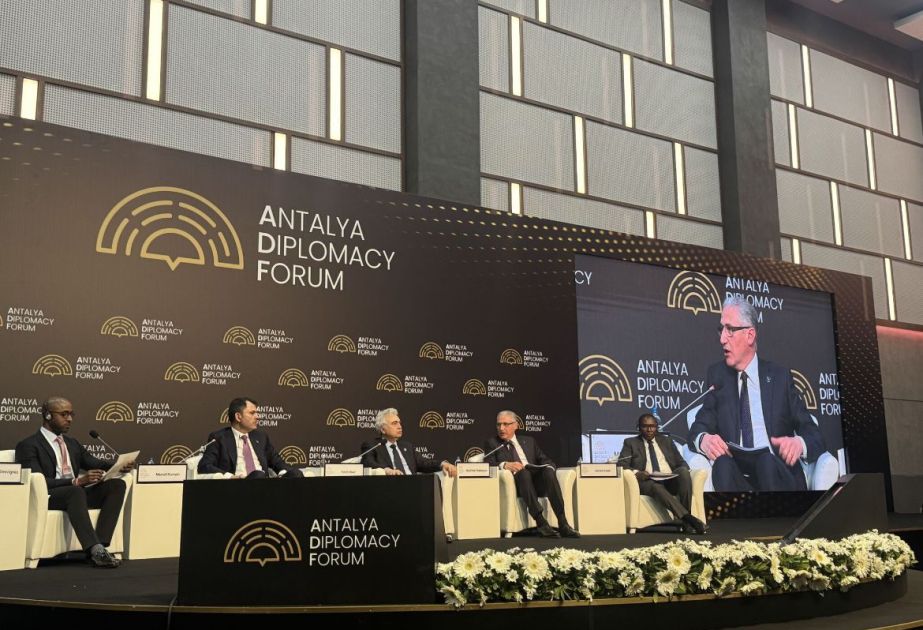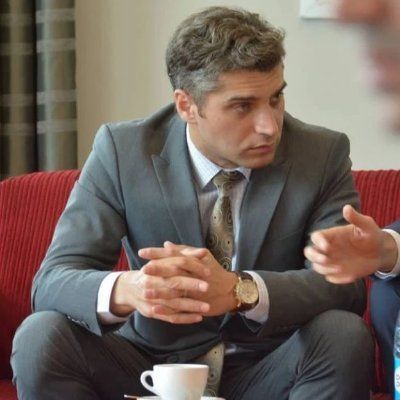Baku to Belem: Azerbaijan’s climate diplomacy sets stage for COP30

As geopolitical tensions strain the international system, optimism about multilateral cooperation has become a rare commodity. Yet, on the climate front, a different narrative is quietly unfolding—one that offers a rare glimmer of possibility. At the heart of it stands Azerbaijan, a country not typically at the center of global environmental diplomacy.

In a candid and forward-looking address at the Antalya Diplomacy Forum, Mukhtar Babayev, Azerbaijan’s Special Representative on Climate and President of COP29, laid out a vision that is as ambitious as it is urgent. His message was clear: Amid global fragmentation, climate diplomacy can still work—if countries choose to make it work.
Babayev pointed to Azerbaijan’s performance in the lead-up to COP29 as proof that progress is possible. Skeptics questioned whether the country could marshal the logistics, the political will, or the international consensus needed to advance major climate goals. But Azerbaijan defied expectations, brokering the Baku Financial Goal—a landmark agreement to mobilize at least $300 billion annually by 2035 for developing countries.
In doing so, Azerbaijan not only finalized a long-overdue framework for carbon markets but also activated the operational work of the Loss and Damage Fund, a major outcome of COP28 that many feared would languish in bureaucratic limbo.
These accomplishments signal that, despite deep mistrust and fatigue in the international system, consensus and tangible progress remain possible. “This is a demonstration that countries can agree,” Babayev noted. “Multilateral processes can deliver.”
Perhaps the most consequential legacy of Baku's COP presidency is its effort to reframe climate finance not as charity but as shared responsibility and structured ambition. The $300 billion annual target is just the beginning. Working alongside the Brazilian presidency of COP30, Azerbaijan is now pushing for the Baku-Belem Roadmap, an even more ambitious plan to scale global climate finance to $1.3 trillion annually by 2035.
It’s an effort to infuse the global climate regime with realism: without dependable financing, the commitments of the Paris Agreement risk becoming political theater. The question is no longer whether countries will pledge; it’s whether those pledges can be bankable.
While Azerbaijan’s leadership was once an open question, it is now being looked to as a model of what middle powers can achieve when acting as conveners. Turkey’s interest in hosting COP31 and its public praise of Azerbaijan’s work is a testament to the renewed relevance of regional leadership in a fractured global order.
Babayev emphasized the need for continuity: to support Brazil’s presidency at COP30, to maintain pressure on donor nations to fulfill financial pledges, and to translate declarations into enforceable mechanisms. “We must bring the pact signed in Baku into force,” he said, calling for clear action plans from developed nations on how they intend to meet their share of the financing goal.
But vision alone isn’t enough. As Babayev acknowledged, 2025 will be a critical year—one in which every country must put forward updated national plans (NDCs) with transparent pathways to reduce emissions. These plans must not only be ambitious but credible, something that has long eluded many of the world’s largest emitters.
Azerbaijan’s diplomatic efforts are now focused on gathering clear, actionable input from both countries and financial stakeholders. The aim is to create a global climate strategy that is both bottom-up and enforceable—a rare balancing act in the realm of international governance.
In a world where major powers often paralyze multilateral progress, Azerbaijan’s quiet but consequential climate leadership could be a turning point. By demonstrating that ambition, transparency, and action are still possible, the COP29 presidency may have opened a door that many had thought permanently closed.
The coming years will test whether the commitments made in Baku can mature into a new climate consensus. If they do, history may look back on this moment not just as a diplomatic success—but as the beginning of a new era in global climate governance.
Here we are to serve you with news right now. It does not cost much, but worth your attention.
Choose to support open, independent, quality journalism and subscribe on a monthly basis.
By subscribing to our online newspaper, you can have full digital access to all news, analysis, and much more.
You can also follow AzerNEWS on Twitter @AzerNewsAz or Facebook @AzerNewsNewspaper
Thank you!

